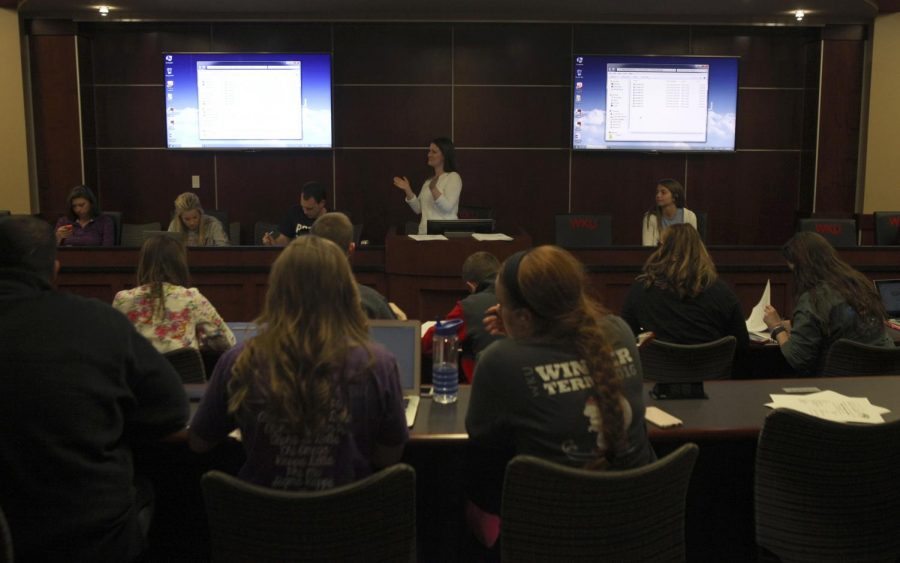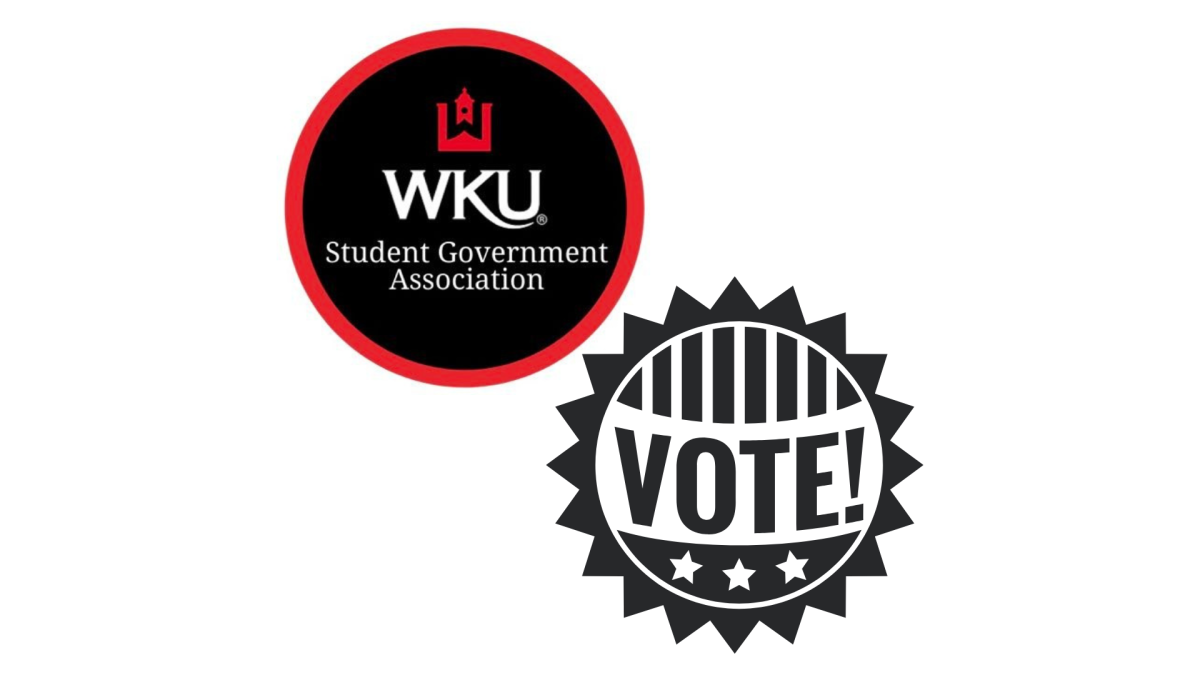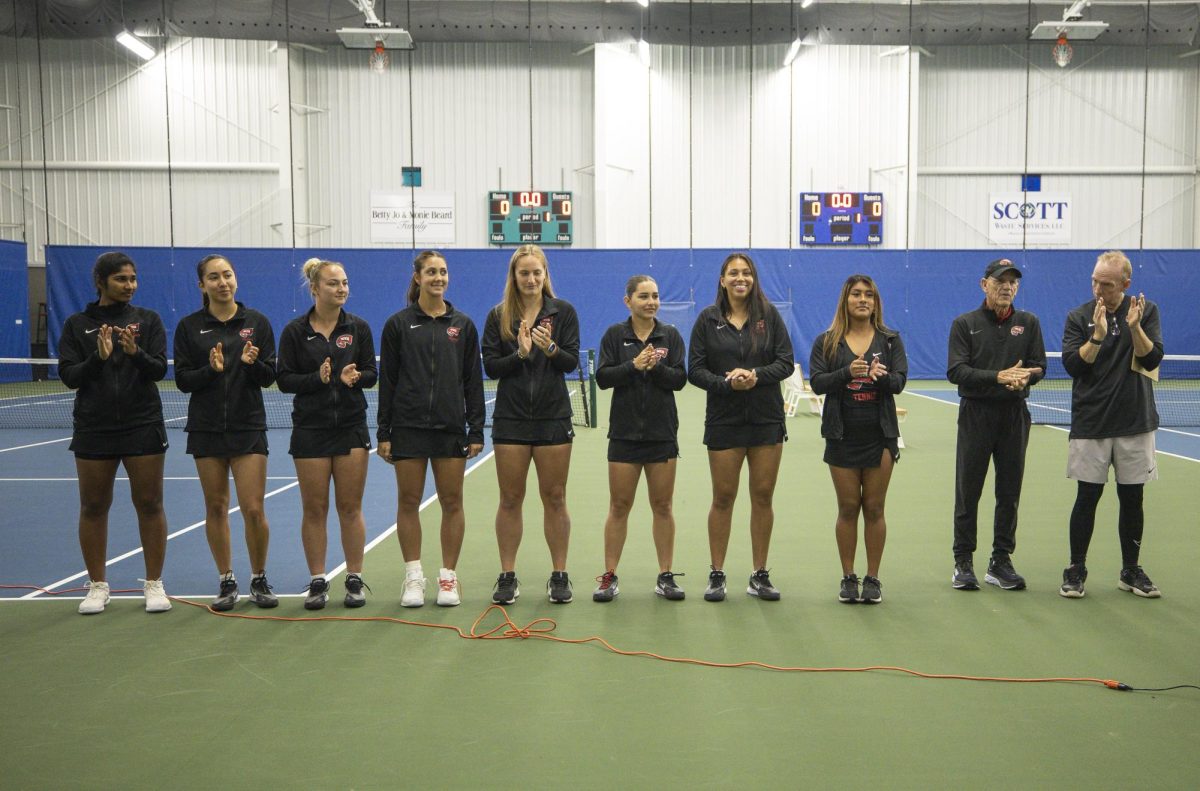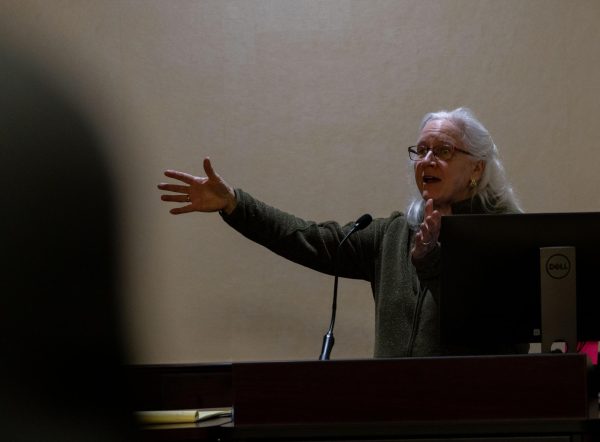SGA passes on vote of new election codes
March 23, 2016
The student Judicial Council presented a new set of election codes to the student senate at the Student Government Association meeting Tuesday.
The senate did not vote on the proposed election codes, which include changes to how much money students seeking election can spend on campaigns.
SGA President Jay Todd Richey was not present for the meeting but said the changes were not ideal.
“It’s too much red tape,” Richey said. “It’s over-regulation, and I hope to see it changed.”
Chief Justice Amber Daniel of the council presented the code changes to the senate on Tuesday. Daniel and the other seven justices made the changes hoping they would make student elections less confusing and more accessible to those who want to join SGA.
“We want to encourage as many students as possible to join SGA,” Daniel said. “We didn’t want any monetary restrictions on students.”
The election finance allowances have been lowered significantly from last year. A student running for the senate last year would be allowed to spend $50 on his or her campaign. The new election codes would allow candidates to spend $25 instead.
That isn’t an issue for senator Andi Dahmer, who said she was not concerned about the changes made to campaign finance.
It’s too much red tape. It’s over-regulation, and I hope to see it changed.
“I don’t think I spent more than $18 on my first campaign,” Dahmer said.
Like many other senators, Dahmer takes issue with a different section of the proposed codes.
Students seeking election would be restricted to three pieces of campaign material per building. Furthermore, those campaign materials would only be allowed for placement on bulletin boards.
“In a building like Grise Hall or Cherry Hall, it would be very difficult to reach all students with those restrictions,” Dahmer said. “If people don’t know about candidates because there is a lack of information, that could be a significant problem for the leadership in our university.”
In light of the debate sparked by the proposed changes, Daniel and the judiciary set a meeting on Wednesday, March 23, in which senators will be able to discuss changes they feel should be made to the election codes.
“We want it to be as fair as possible for all students who want to run for senator and executive to do so,” Daniel said.
In the email sent Wednesday night to announce the Judicial Council meeting, Daniel said concerns over election codes would not be discussed at the council’s meeting next week.

























